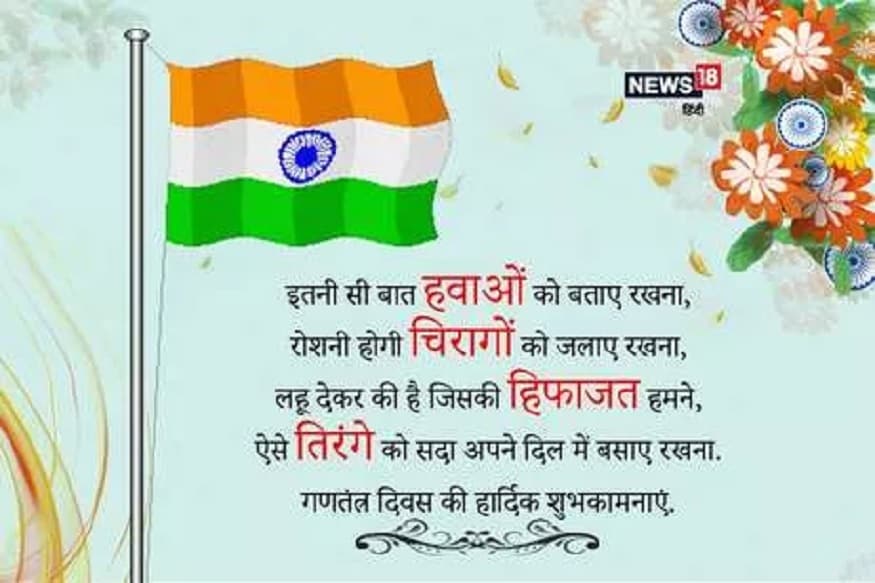The circumstances in which India achieved independence were a miraculous experiment in world history from a social, geographical and political perspective. As clear as the call for independence was against the British rule, it was equally complex a challenge to bind the princely states of the entire country in a new framework and to unite the people of the country keeping in mind their aspirations.
This work was carried out by dedicated leaders like Patel, Nehru, Ambedkar, Shyama Prasad Mukherjee. Needless to say, the ‘Indian Constitution’ which was created with the coordination and intense efforts of Dr. Ambedkar under the chairmanship of Dr. Rajendra Prasad played a far-reaching and decisive role in giving a concrete legal shape to this effort.
This document was gladly adopted by a sovereign country as the main basis of governance. In accordance with the provisions made and accepted under the parliamentary system of governance, this constitution clearly gives central importance to the values of freedom and autonomy. But such values can never be called absolute from the point of view of practice. If these are considered absolute, then only autocratic anarchy will arise.

As a citizen, every Indian officially enjoys a number of privileges, freedoms and opportunities to participate in public life.
This Constitution, dedicated to the objectives of equality and fraternity and pledged with the spirit of mutual harmony and equality of all religions, entitles all the citizens of the country to equal treatment without any kind of discrimination. But talking only about rights is futile because duties also play an important role in leading life. Without duties, rights not only remain incomplete but the person demanding them does not even become eligible.
In fact, we become eligible to get rights only with the help of our duties. As a citizen, every Indian officially gets many facilities, freedoms and opportunities to participate in public life naturally. Today, the consciousness of this feeling of rights is growing very fast.
Unfortunately, many political parties also encourage them. While learning this lesson of rights, the common man also desires to get everything from the country and the government, that is, unlimited greed. On the other hand, the sense of duty and the desire to adopt the country and do something for it is decreasing.
Perhaps the distorted form of this situation is rapidly growing in the society today in the form of various forms of corruption, oppression and adultery. The dramatic situation arises when not discharging or obstructing the duty of a citizen is done by calling it the duty of a citizen. At the same time, the country is harmed through riots.
This situation is not in the interest of the country and society. Living without reason will not be in anyone’s interest. Therefore, today there is a need for comprehensive education about the duties of a citizen i.e. the practical aspect of citizenship in the country because it is only by following the duties of citizenship that it is possible to protect the citizen, the country and its constitution.
– Prof. Girishwar Mishra, educationist
Tags: Opinion polls, Republic day, Republic Day Celebration
FIRST PUBLISHED : January 25, 2020, 11:59 IST

